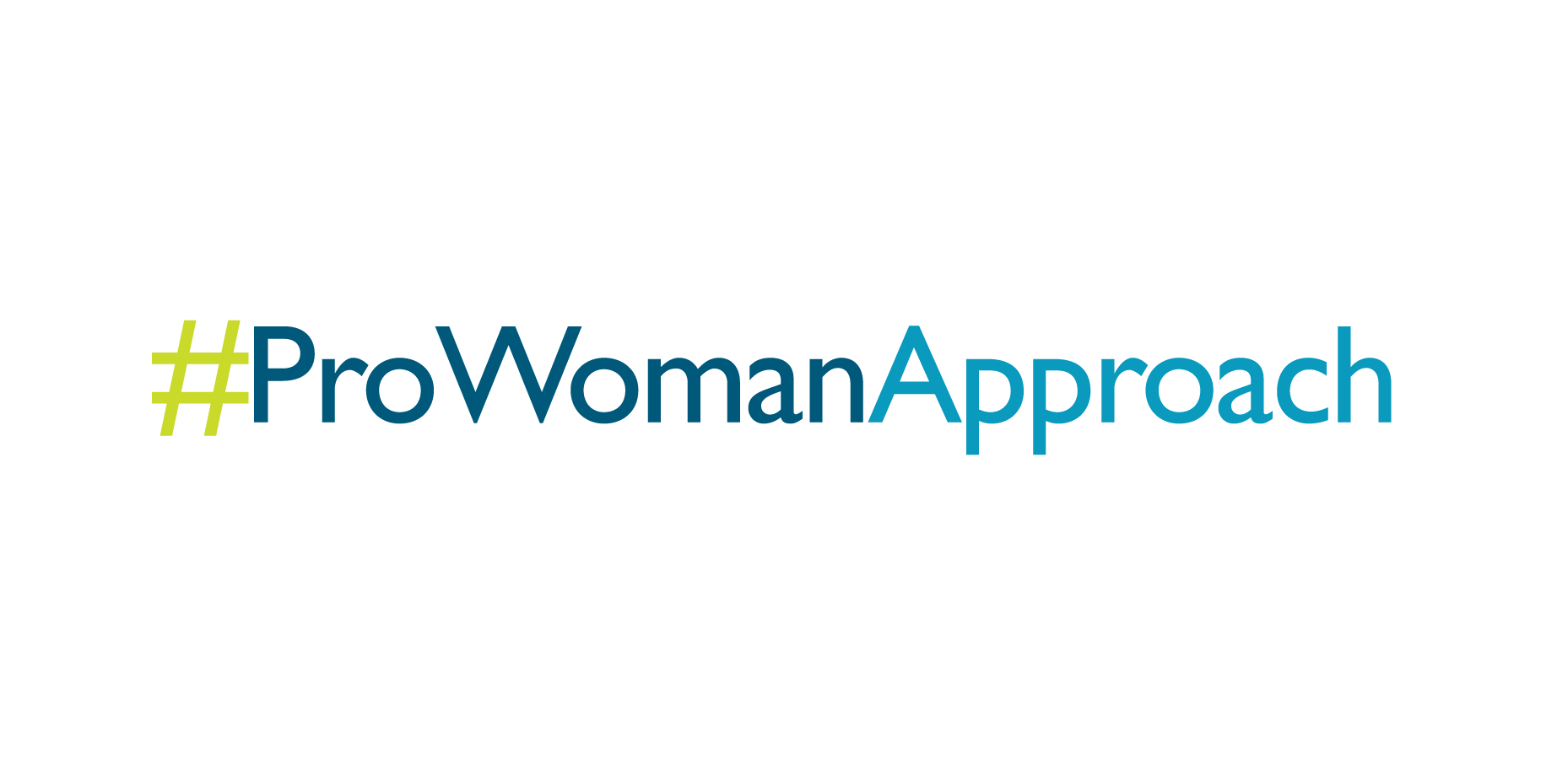How to Talk to Her
Over the past 30 years, Vitae Foundation’s research led us to employ the #ProWomanApproach which after thorough testing has been determined to be the most effective way to communicate with a woman who may be vulnerable to abortion.
Unexpected pregnancies are often seen by women as a failure of self-control, and they find it reassuring that abortion is available as an emergency means of control. The preborn child is perceived as the product of a loss of control and to surrender to that loss of control (again) feels like a mistake. Consequently, the rebirth of self as a mother feels like a mistake as well. Women fear that without undergoing an abortion, they will be transformed by their mistakes so radically that they will be destroyed.
Women facing unexpected pregnancies need help diminishing their guilt and fear so that they can have the courage to take on a new identity; motherhood. These women should be empowered to learn from their mistakes, take control of their lives, and feel pride in their choice of life.
Here’s how you can help them do that:


1. Help her overcome her fears.
The #ProWomanApproach takes into consideration the actual needs and concerns of a woman so that in addressing her fears and barriers, she feels empowered to choose life. Connect her with financial, physical, and emotional resources that directly address her barriers to choosing life.
2. Help her feel empowered.
Show understanding of her dilemma and show her that choosing life is just as empowering and freeing as what some women thing abortion is. Show her that she doesn’t need to default to abortion. Tell her there is great courage in choosing parenthood or placing a child for adoption. Reinforce that the most respected “choice” is that of choosing life.
3. Focus on her.
In talking about fetal development (I.e., when the baby feels pain, when it has a heartbeat) as a way to discourage abortion, we again ignore the fears of the woman, and this practice likely will not detract her from choosing abortion.
4. Focus on spirituality not religion.
Pregnancy and the preborn child should be linked with spirituality rather than religious precepts. Many women feel abortion is wrong not because of religion but as a primal, generalized belief. Show the spiritual connection a mother has with her preborn child even before the first movement is felt by the mother. Avoid preaching as the religious do not need it and the unreligious will not listen.
5. Educate her on all of her options.
- Abortion:
- Show her the facts of abortion (including the effects later in life), parenting, and adoption. Explain that abortion is death of the preborn child but that it also triggers a gradual death of self, caused by the guilt and pain of the act of abortion.
- Adoption:
- Do not pit adoption against abortion. Focus on how it fulfills the child’s needs for love and security. Show adoption success stories and how thankful the child (now adult) is that they were adopted. Also, educate the mother on adoption procedures so that she knows her future self will not be destroyed by contact with the adult child unless she has consented to such contact.
- Parenthood:
- Emphasize the benefits of having a child at a young age. When they are more established financially, they will get to enjoy freedom again (this time with more resources).
Focus on the emotional benefits of parenthood. Positive conceptions of maternal self-identity contribute to the decision not to abort. Present pregnancy centers as navigators in their journey toward a new self-identity.
Reposition pregnancy as an opportunity for growth rather than a challenge, an opportunity to show self-confidence rather than an immediate end to self-identity, and a swift but positive conduit to adulthood. Explain to her how special this rite-of-passage (birth) is and how she will be welcomed into the community of women in her life who are also mothers.
Empower her to regain control over her future through the structure and purpose that parenting provides.
Redefine responsibility as doing the right thing whenever challenges arise as opposed to denying responsibility until the “perfect time” arrives. Reassure her that it’s okay to change their “plan” at an unplanned time.
6. Let her make the decision.
All women seem to reject messaging that seems pushy, preachy, or manipulative. Utilize educational messaging to help them come to their own conclusion that they should carry their child to term and keep the child. That way they feel as if they organically chose life and have subconsciously regained control of their self-identity.
7. Walk alongside her.
The advice of a trusted peer, parent, or other influencer can weigh heavily on the decision-making process of a mother. Match her with a counselor or volunteer (preferably close in age) who can empathize or sympathize with her experience. This trusted confidant can commit to helping her every step of the way, consistently providing gentle and responsible guidance throughout her pregnancy and afterward. Invite her to consider a pregnancy center as a place that provides emotional and physical support to her as a total person.

